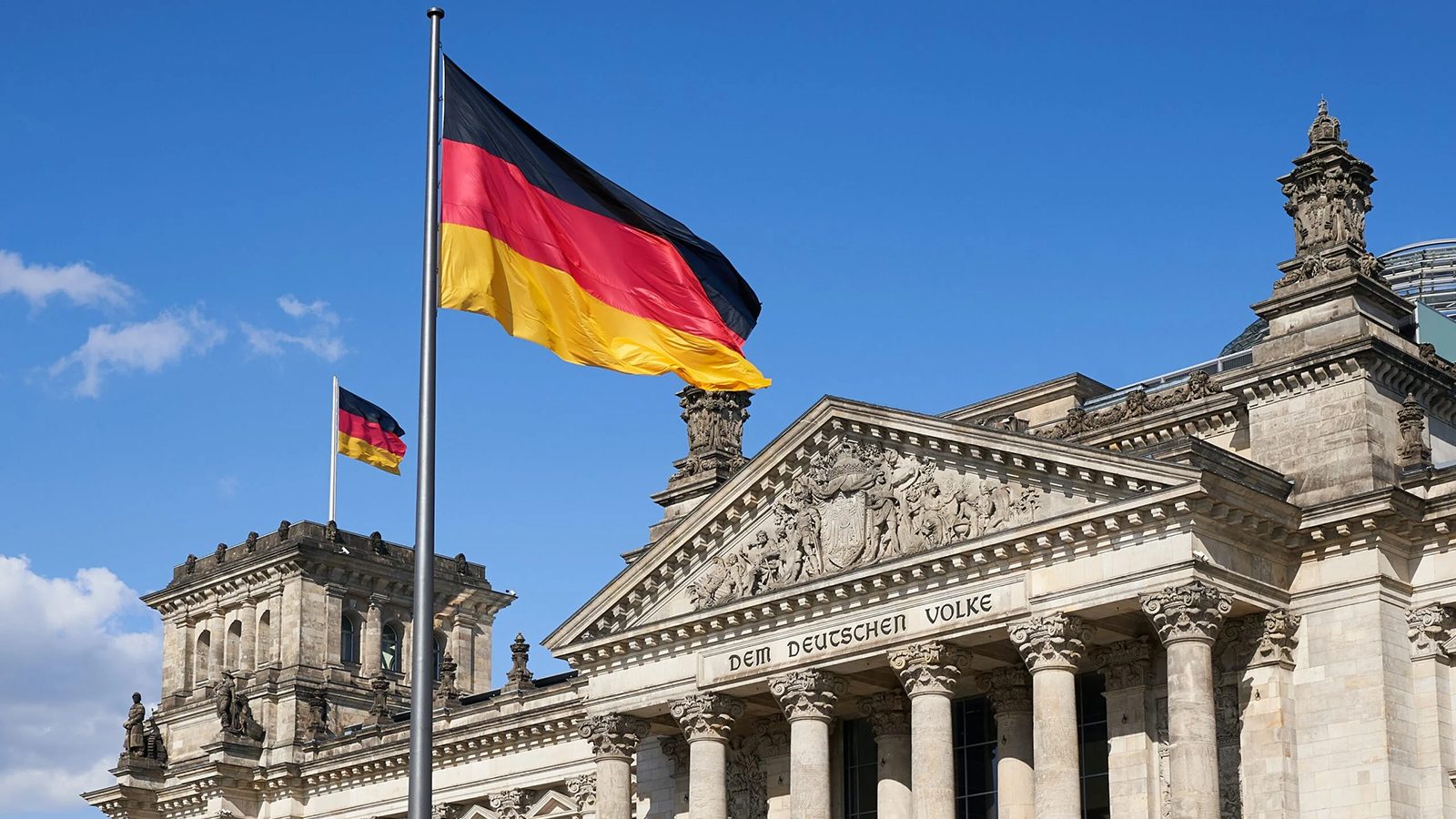Navigating Germany’s Gambling Landscape

The German gambling market, historically marred by prohibitionist attempts, witnessed a significant shift in January 2023 as the Joint Gambling Authority (GGL) assumed control. After years of delays and controversies, the federal regulator aims to steer the gambling landscape away from illegal operators towards a more legalized and regulated environment.
A Prolonged Journey to Legalization
The journey towards the legalization of online casino and sports betting in Germany began in 2008. Initially marked by prohibition, the landscape evolved with the 2021 Interstate Treaty on Gambling. However, challenges persist, and the market, while showing promise, is still grappling with limitations.
Market Overview
Regulatory Developments
The 2021 Interstate Treaty on Gambling brought about a comprehensive online betting and gaming market. However, the regulatory landscape remains restrictive, leading to a market turnover of approximately €4.8bn in 2023, considerably less than the mature UK market, which is worth an estimated €12.05bn.
Licensing Challenges
Operators face stringent licensing conditions, creating hurdles in advertising, slot operations, and game offerings. The German Sports Betting Association (DSWV) labels the current framework as “the most restrictive in the world,” necessitating ongoing efforts for a fairer and more cooperative approach.
Regulatory Hurdles
Advertising Restrictions
Operators struggle with a highly strict advertising framework that includes blackout periods, bans on sports personalities in promotions, and restrictions on sports clips in advertisements. Calls for further tightening raise concerns about limiting operators’ ability to promote legal products effectively.
Sports Betting Market Limitations
The GGL’s catalog of permitted bets imposes restrictions on the types of sports and markets operators can offer. This limitation excludes esports, introduces odd conditions for emerging sports like rugby, and restricts betting on football friendlies unless involving Germany.
B2B Licensing Gap
A notable gap in the regulatory framework is the absence of a licensing scheme for B2B suppliers and game developers. Each game requires individual licensing for every operator, hindering efficiency and contributing to the proliferation of the illegal black market.
Player Protection Challenges
Deposit and Stake Limits
Controversial deposit limits of €1,000 per month and a €1 stake limit on slots affect player experience. Tight rules on website and game design, enforced wait times, and spin delays erode trust in regulated products, potentially driving players toward the illegal market.
Taxation Issues
Tax challenges persist, with the Interstate Treaty on Gambling imposing a tax on stake rather than Gross Gaming Revenue (GGR). This creates a competitive disadvantage for licensed operators, as tax revenues from online gaming continually decline.
The Battle Against the Black Market
The GGL’s primary goal is to combat the illegal gambling market and achieve high channelization rates. Despite implementing methods like payment and IP blocking, legal clarity on IP blocking’s legality under German law remains uncertain. Reports suggest between 800 and 900 websites offer illegal online gambling, constituting 2-4% of the authorized market.
Black Market's Resilience
Market Share Disputes
Conflicting figures surround the illegal market’s size, with estimates ranging from 2-4% to more alarming figures of 47%, as reported by Yield Sec. The use of AI technology reveals a growing black market, challenging the effectiveness of current regulatory measures.
Strategies of Illegal Operators
Illegal operators employ strategies to undermine trust in licensed websites and attract players. These include spreading myths, targeting players with enticing bonuses, and capitalizing on regulatory delays to offer a more seamless gaming experience.
Escalating Concerns
Between Q1 2022 and Q1 2023, Germany witnessed a 63% increase in illegal operators, with around 9.3 million people engaging in illegal gambling products in March 2023 alone. The channelization rate remains a major concern, with illegal operators accounting for half of the entire German online gambling market.
Future Outlook and Challenges
The current regulatory framework is set to endure until the expiration of the Interstate Treaty on Gambling in 2027. While the GGL works on standardizing licensing procedures, tightening anti-illegal gambling measures, and seeking legal clarity on IP blocking, significant regulatory changes appear unlikely in the short term.
Conclusion
Germany’s gambling market is at a crossroads, facing challenges that hinder its growth potential while grappling with a resilient black market. The battle for effective regulation continues, with operators and regulators striving to strike a balance that fosters a legal, competitive, and player-centric gambling environment.
FAQs
What is the primary goal of the Joint Gambling Authority (GGL) in Germany?
The GGL aims to combat the illegal gambling market and achieve high rates of channelization.
How do operators apply for a license in Germany’s current regulatory framework?
Operators apply for a license from the GGL, allowing them to operate legally within any state in Germany.
What challenges do operators face in the current licensing scheme?
Operators contend with stringent rules on advertising, operating slots, and limited offerings in sports betting markets.
How is the black market in Germany monitored and combated?
The GGL employs methods such as payment and IP blocking, along with fines and legal action, to combat the illegal market.
What is the deposit limit for online gambling in Germany?
There is a blanket deposit limit of €1,000 per month, applicable to everyone regardless of income.
What is the market turnover of the legal online betting and gaming market in Germany in 2023?
The market turnover is estimated to be around €4.8bn in 2023.
How has the black market in Germany grown between Q1 2022 and Q1 2023?
There was a 63% increase in illegal operators during this period, with around 9.3 million people engaging in illegal gambling in March 2023 alone.
What challenges do operators face due to the tax structure in the Interstate Treaty on Gambling?
The treaty imposes a tax on stake for online operators, creating a competitive disadvantage for licensed operators.
When is the current Interstate Treaty on Gambling set to expire?
The current treaty is set to expire in 2027.
What is the primary obstacle to game approval for operators in Germany?
The lack of a licensing scheme for B2B suppliers and games developers requires individual licensing for each operator.
Recommended Posts

Buffalo’s Wealth Slot Game by 1spin4win
July 26, 2024

Mobile Payments in iGaming
July 26, 2024




